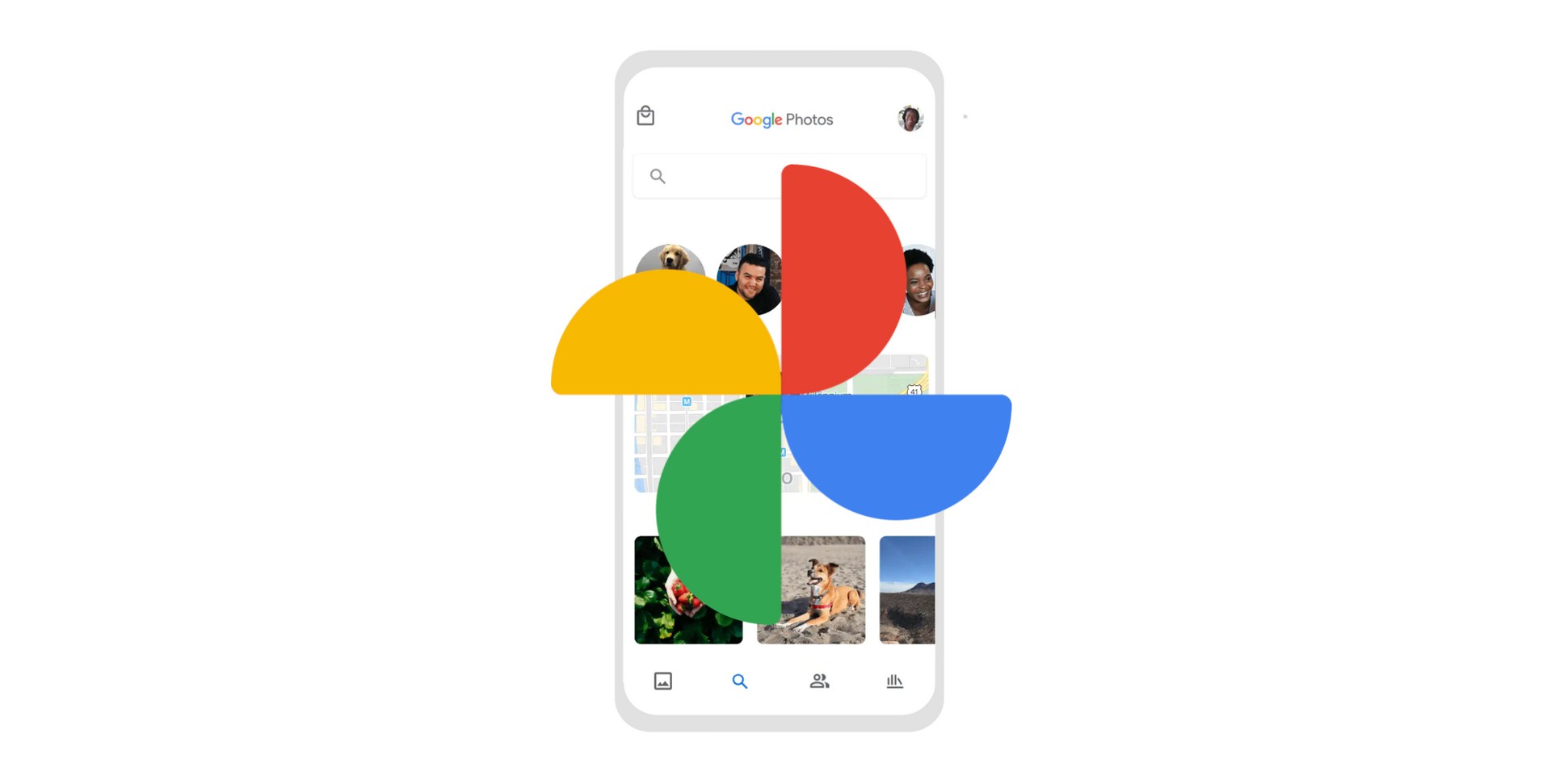iOS 16 “free” Apple Pay: it will also work on Chrome, Edge and Firefox

The future of iOS and iPadOS may be far more open than their present is, also thanks to the growing discontent on the part of world regulators towards the monopoly exercised by large tech companies on their operating systems and within the various ecosystems. Over the past few weeks we have begun to see the first effects of the approval of the DMA, the Digital Markets Act which will come into force next spring and could drastically change the face of the tech scenario we know.
Apple is certainly among the companies most affected by the transformation, given that its history of strict control over its products – both hardware and software – has always represented one of the main strengths and, at the same time, of challenge towards the choices. undertaken by the company. However it seems that the Cupertino house does not want to oppose too exaggeratedly to what seems to be an inevitable changewhich is why it has already begun to loosen its grip on various aspects of its business, including third-party payments on the App Store and beyond.
The latest news, in fact, concerns directly iOS / iPadOS and Safari’s monopoly on these platformswhich could lose more and more ground starting from the full release of iOS 16 and iPadOs 16. Apple has in fact always benefited its system browser by integrating it perfectly with the functions of the iPhone and iPad, making sure that the other browsers could not offer the same user experience due to artificial limitations.
One of these concerns the support for the Apple Pay payment system, which can be used by a browser only if you browse a site via Safari. This will change with the next major update of the operating systems and the novelty in question is already present also on the current beta, available to both developers and the public. It was especially noted that now Apple Pay can also be used from browsers other than Safarithus making the function also available on Chrome, Edge and Firefoxto name a few.
The novelty does not require any third-party browser updates, since these they are based on WebKit (another aspect that may change in the future), so the only change needed was made by Apple. This explains why this possibility is not available on the macOS versions of Chrome, Edge and Firefoxsince in this case each browser adopts its own rendering engine, so it is necessary for developers to intervene to support Apple Pay.
In short, it seems that Apple is slowly taking steps backwards on some aspects that were not even remotely negotiable until a few years ago, a sign that the Cupertino house has somehow understood that it has to change direction, at least on some issues. Of course, the total opening of iOS / iPadOS is certainly far away, but it is clear that if there is a historical period in which this may seem less unlikelythat period is just what we are experiencing now.




